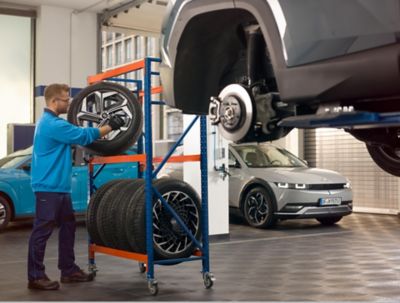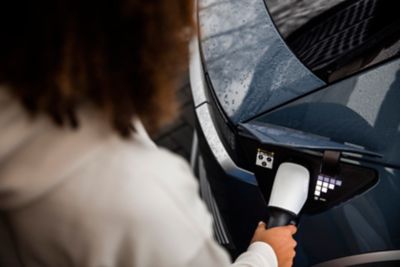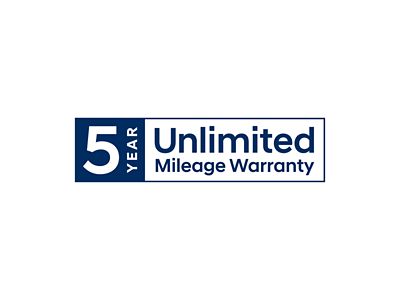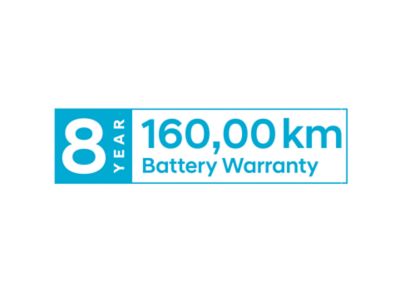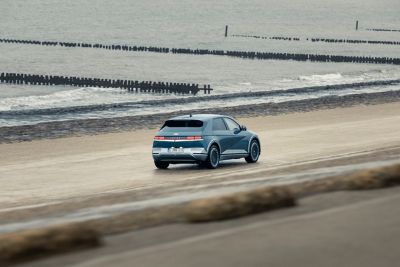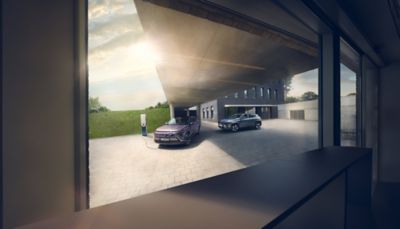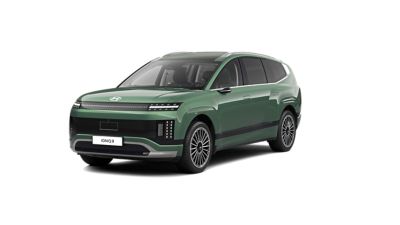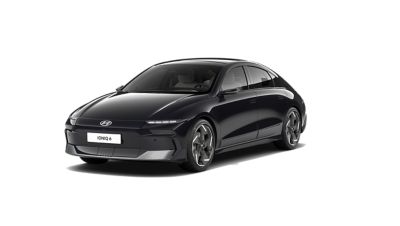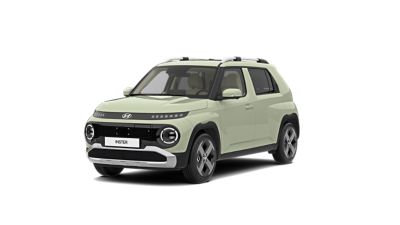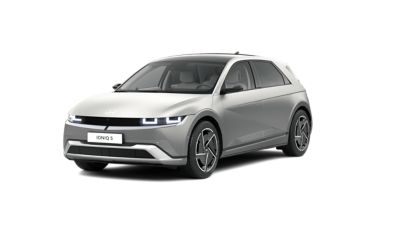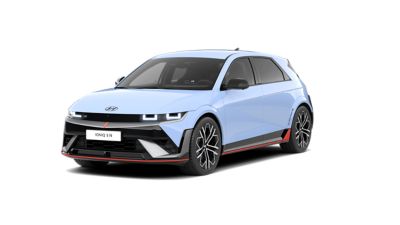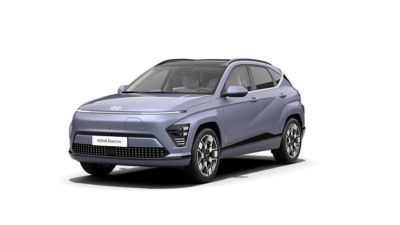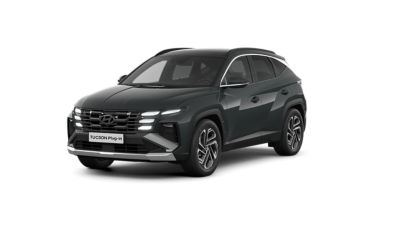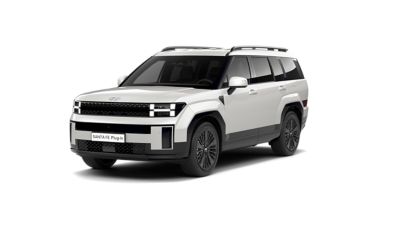Less maintenance vs. internal combustion cars.
While an internal combustion car engine contains hundreds of moving parts, an electric motor only needs around half a dozen, significantly reducing the probability of something breaking. No oil changes, either. That's why less maintenance is needed overall.
Maintenance & service intervals for EVs.
Thanks to regenerative braking, electric car brakes require about half as much maintenance as those on a conventional car.
Electric vehicles usually have only three main fluids: coolant, brake fluid and washer fluid. The washer fluid is the only one that owners need to refill regularly.
As with any conventional vehicle, worn-out tyres must be replaced - costs are similar as for non-electric vehicle.
EVs have standard windshield wipers and these therefore have to be maintained like a conventional car, usually twice a year.
The battery of an electric car loses efficiency over time and may need to be replaced. However, this is not classified as "regular maintenance", as it has a lifetime of at least a decade. All Hyundai Electric Vehicles enjoy a warranty for the lithium-ion polymer battery for 8 years or 160,000 km for the KONA Electric and IONIQ 5 or 200,000 km for the IONIQ Electric, whichever comes first.
The cabin filter should be replaced every 30,000 km or every two years. Hyundai customers have the benefit of upgrading their protection level, by using the Bio- or Activated Carbon Air filter.
Battery life
Practical tips to extend the life of your EV battery.
Warranties
More peace of mind with our industry-leading warranties.
More E-Mobility.
Discover our electrified vehicles.
*Range shown is according to WLTP combined cycle. Driving range may vary slightly depending on road conditions, your driving style and the temperature. It is also is dependent on the type of tyres equipped. Technical data not final.
** Charging time is based on charging with on 32A wallbox and 3.3 kW OBC. Charging times may vary depending on available charging conditions, including charger type and condition, battery temperature and ambient temperature at point of use.
*** This model is not yet available for sale. Official technical data and range of this model are pending final homologation.
